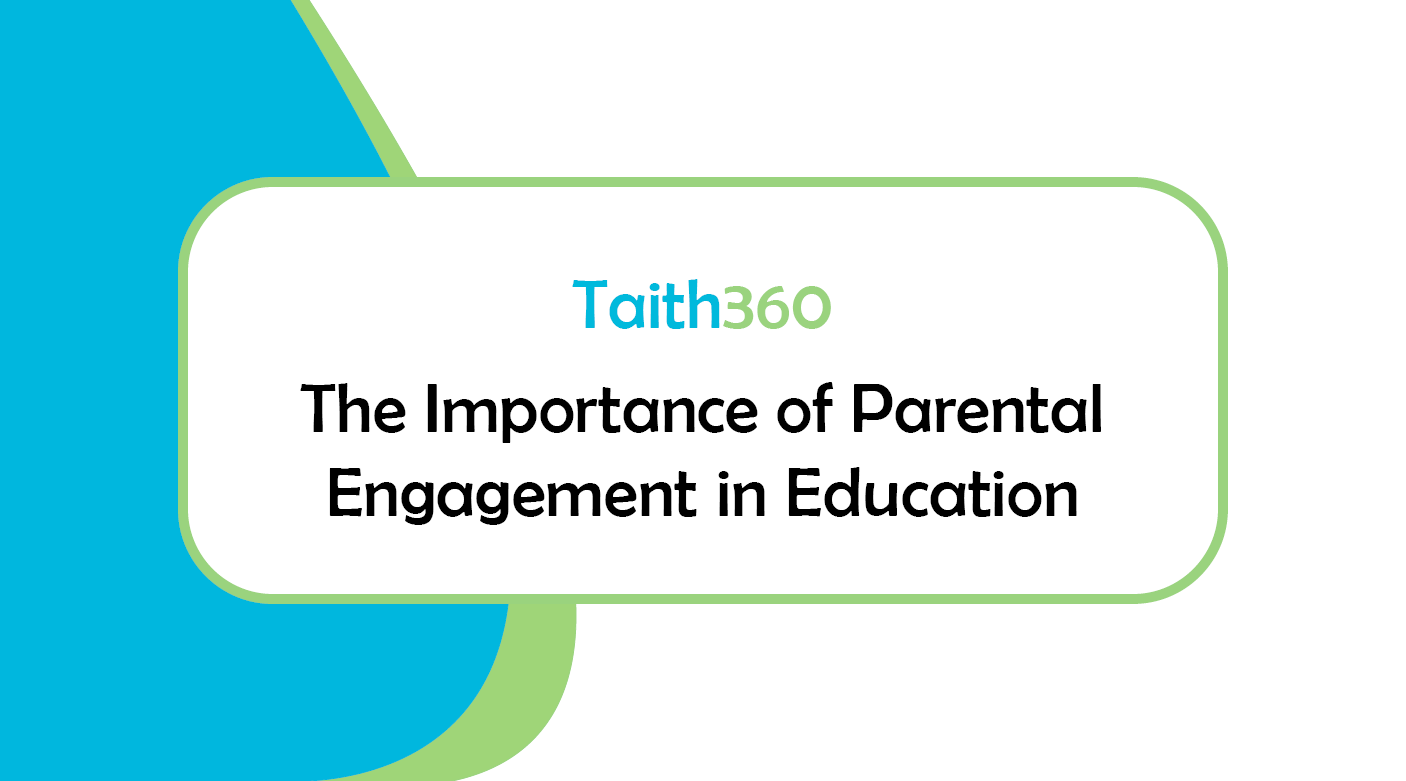With the summer term fully under way, and teachers starting work on their end of year reports to parents, we thought it would be useful to explore the impact that parental engagement in their child’s education can have on both the academic progress the child makes, and many other factors that can be enhanced through this engagement.
Education should be a collaborative process that involves not only teachers and students but also parents and caregivers. While the role of teachers in the classroom is undeniably crucial, the influence of parents on a child’s academic success cannot be overstated. Parental engagement in education plays a pivotal role in shaping a child’s learning experience, boosting their academic achievement, and fostering a lifelong love of learning. In this blog post, we’ll explore the many ways in which parental involvement can impact education and why it’s vital for both children and schools.

Enhanced Academic Performance
Numerous studies have demonstrated a strong correlation between parental involvement and improved academic performance. When parents engage with their child’s education, whether by helping with homework, attending parents evenings, or showing interest in what their child is learning, it encourages a positive attitude toward school. Children whose parents are actively involved tend to score higher on tests, have better grades, and demonstrate a stronger commitment to their academic work.
Parental engagement fosters an environment where children feel supported, motivated, and confident in their abilities. This can lead to greater success in both the short and long term. Involvement in school activities, even beyond homework help, also contributes to an increased sense of accountability and responsibility among students.
Better Social and Emotional Development
Parental involvement isn’t just about academics—it’s also about a child’s emotional and social well-being. When parents engage in their child’s education, they model positive behaviours such as communication, problem-solving, and emotional regulation. These behaviours are critical to a child’s overall development.
A child who feels supported by their parents is more likely to have a positive self-image and develop good relationships with peers and teachers. Moreover, engaged parents are often more attuned to their child’s emotional needs, which can help identify and address any issues such as bullying, anxiety, or stress before they become overwhelming. The home environment, combined with the reinforcement from school, creates a balanced atmosphere where children thrive emotionally as well as academically.


| Stronger School-Home Connection
The partnership between parents and teachers is vital to creating a positive school environment. When parents and educators work together, they can better address a child’s needs and provide a more personalised educational experience. Parental involvement opens up communication channels, allowing teachers to gain insights into a child’s strengths, challenges, and interests outside of the classroom. This information helps educators create more effective lesson plans and identify any areas where the child might need additional support. Likewise, teachers can provide parents with advice and resources to further support their child’s learning at home. Whether it’s through parents evenings, school events, or volunteer opportunities, building this relationship benefits everyone involved. |
Promoting Lifelong Learning Habits
When parents prioritise education, it sends a clear message to their children about the value of learning. This influence can shape a child’s attitude toward education for years to come. Parents who engage in educational activities such as reading together, discussing current events, or exploring new hobbies with their children, foster an environment where curiosity and learning are celebrated.
Children who grow up in households where learning is valued are more likely to become lifelong learners themselves. They are more likely to pursue higher education, continue their studies, and seek personal growth throughout their lives. Parents can instil an intrinsic love of learning that will serve their children well beyond their school years.


Building a Positive School Culture
Parental involvement also contributes to creating a positive school culture. Schools that encourage parent engagement are often places where students feel a strong sense of community and belonging. When parents actively participate in school events, volunteer in the classroom, or contribute to decision-making processes, it fosters a supportive, welcoming environment for both students and teachers.
A positive school culture can have far-reaching effects on student behaviour, school climate, and overall academic performance. When families and schools work together toward common goals, they create a nurturing environment where children feel safe, valued, and motivated to succeed.
The Ripple Effect: Community Impact
Parental engagement doesn’t just benefit individual students; it can also have a ripple effect on the wider community. When parents are involved in their child’s education, they set a powerful example for other families to follow. A strong sense of community involvement can create a culture of shared responsibility, where everyone—from educators to local organisations—works together to ensure that all children have the opportunity to succeed.
School communities with engaged parents tend to encourage more volunteers supporting schools, have improved school attendance, and more robust support networks for families. As a result, the educational system as a whole becomes stronger and more effective in serving its students.

Conclusion
In summary, parental engagement in education is not just beneficial—it’s essential for the success of students, schools, and communities. Parents who actively participate in their child’s education foster an environment of support, academic achievement, and emotional well-being. Furthermore, when schools and families work together, they can create a culture of learning and opportunity that extends beyond the classroom and shapes future generations.
To maximise the impact of education, it’s crucial for parents, educators, and communities to prioritise collaboration and engage in meaningful partnerships that benefit every child. After all, when parents are involved, everyone wins.
Erthyglau Perthnasol
Cysylltwch
Asesu wrth galon y dysgu
Yn Assessment360, rydym yn gwerthfawrogi pwysigrwydd lleihau llwyth gwaith athrawon nad ydynt yn addysgu ac rydym wedi ymrwymo i ddarparu’r offer a’r gefnogaeth i’n hysgolion i wneud hynny. Trwy gydweithio ag ysgolion ac Awdurdodau Lleol yn y DU, mae gennym hanes o ddylunio systemau arloesol sy’n cynnig offeryn cynllunio, olrhain ac adrodd cyflawn, sy’n eich galluogi i olrhain dysgu plentyn ar draws y cwricwlwm llawn.
I drafod sefydlu Taith360 neu Taith360 ar gyfer eich ysgol, cysylltwch â ni ar 0330 8281 360 neu anfonwch e-bost at support@assessment360.org.









